The director and founding member of Open Arms warns that with rescue vessels stopping their activity, thousands are drowning in the Mediterranean.
What is the situation of your organization with the Covid-19 crisis?
Right now, Open Arms has stopped all activities. This includes awareness-raising activities in schools, which were done with 94,000 children, and also the project Origin, in Senegal, as we had to repatriate the project coordinator and her children due to the dangers of the situation. And obviously our ships can’t sail.
Are you able to do any of your activities online?
We do have online activities, especially with children and we are collaborating with several projects such as projects using 3D printers to produce protective equipment such as visors or masks for healthcare workers. We are trying to help in everything we can, outside our usual activities. Our volunteers are fully engages in several social tasks, and we have contacted the City Council of Barcelona to collaborate in any activity that may help those most vulnerable with the crisis.
Do you continue to register the same number of small boats and people arriving or have these figures dropped?
Many small boats and people continue to arrive; the problem is those that don’t make it across. Right now we can’t go out and rescue them, meaning that many more people will drown and if we’re not able to monitor the situation, there will be no record of these deaths.
What will the humanitarian impact be?
We are talking of thousands of lost lives. Covid-19 has already claimed the lives of more than 18,000 people, which is the same number of people that have drowned in the Mediterranean over the past 5 years, and that doesn’t include the deaths that go unrecorded.
Stopping the spread of the coronavirus is our top priority, but we must be aware that the crisis in the Mediterranean is affecting many people and this isn’t coming through in the media as it should.
And what about the economic impact?
Since the 12th of March we haven’t received a single donation, and this is bound to continue. Before this crisis, we had an ongoing crowdfunding campaign to replace our Open Arms vessel. Of course now is the time to prioritize those projects and campaigns that require immediate action, so the crowdfunding campaign has been halted. We hope the situation will return to normal, but we can’t deny that we will see strong economic consequences added to the ones we were already experiencing.
Do you think that after this crisis citizens’ perception will change with regards to refugees?
In today’s society, many people are anesthetized on the issue of people drowning in the Mediterranean. They see this as something far from their lives. To show empathy we could imagine that if our society has been able to empty the shelves of our supermarkets with an epidemic with a 1% mortality rate, what would happen if someone dropped bombs on us, killing 60 people at a time?
People would flee towards the borders, clamber onto the first boat they had in sight without even thinking if it is safe or not; we’d spend all our savings to get out and we’d do whatever we could to protect our family. I really hope this situation will get citizens to think and see that if these people are fleeing their countries and facing all these risks, it is because they have no other option.
Can we find any positive conclusion in this situation?
If we were to look for a positive conclusion, it would be that this crisis has boosted solidarity among citizens. It is useful to raise awareness, with campaigns and actions on social media and elsewhere, to express support to healthcare workers and food workers who keep supermarket shelves full, and all those people who are doing whatever they can so we can stay in touch and to ensure basic services like water or electricity.
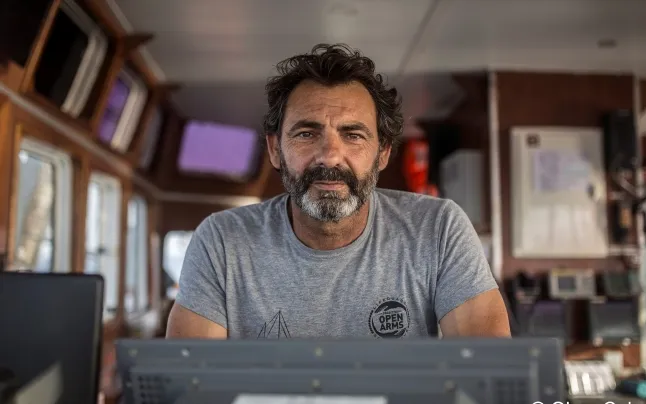


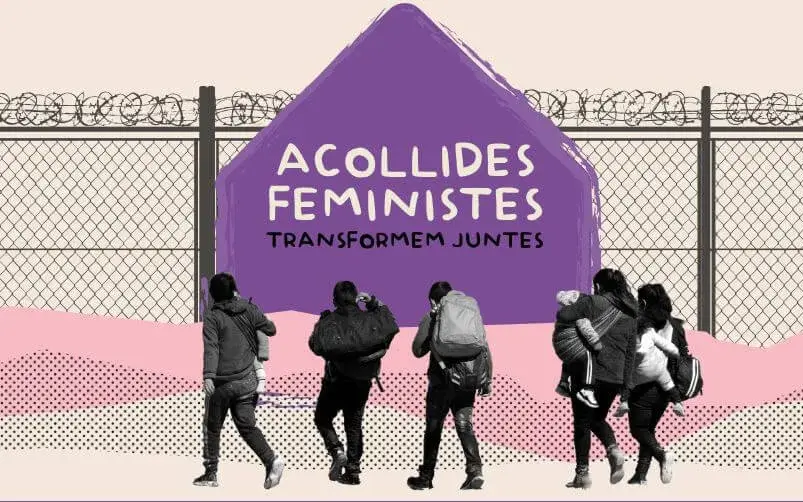
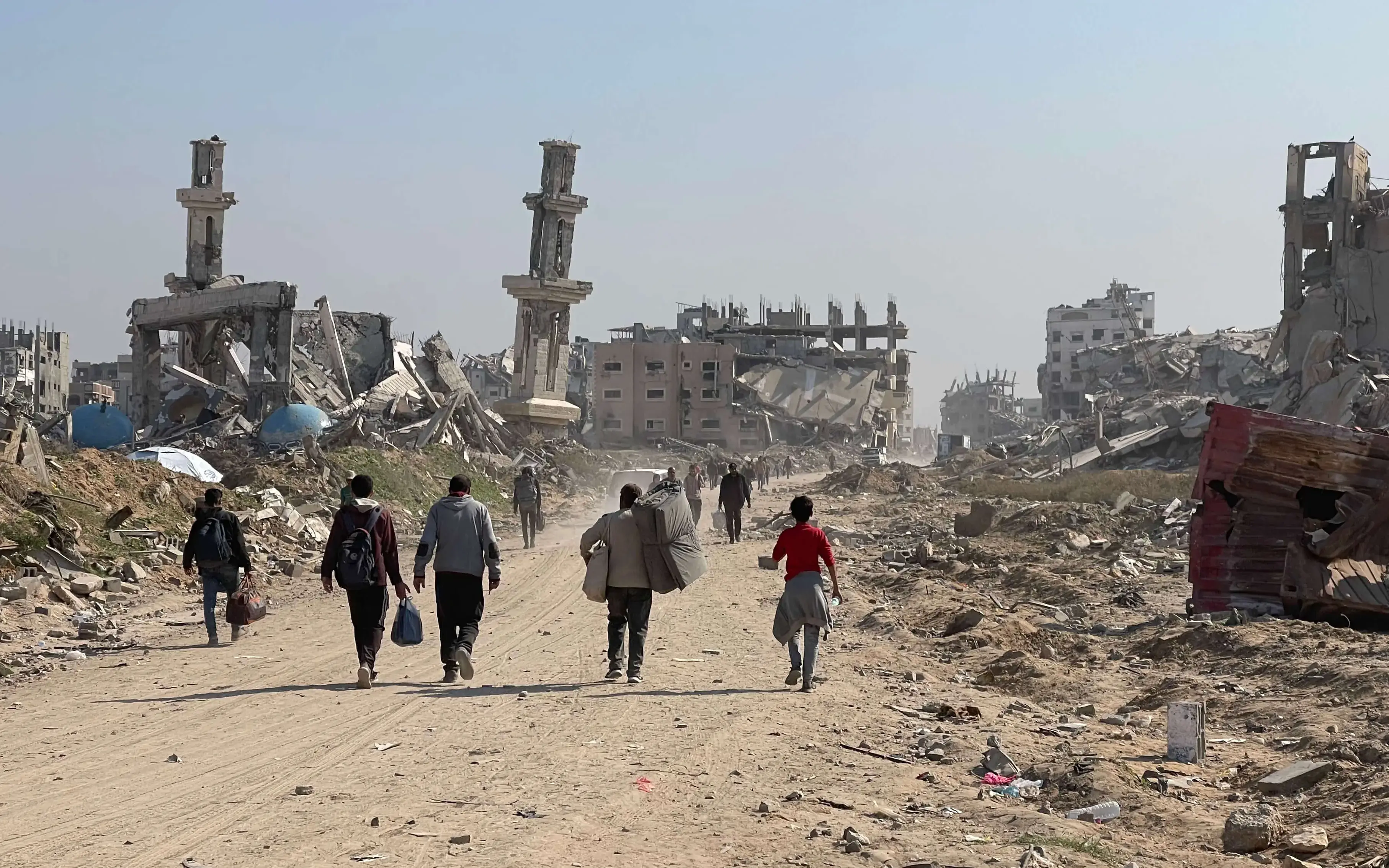
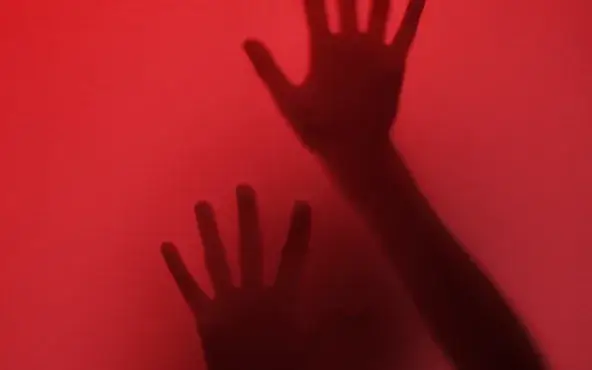
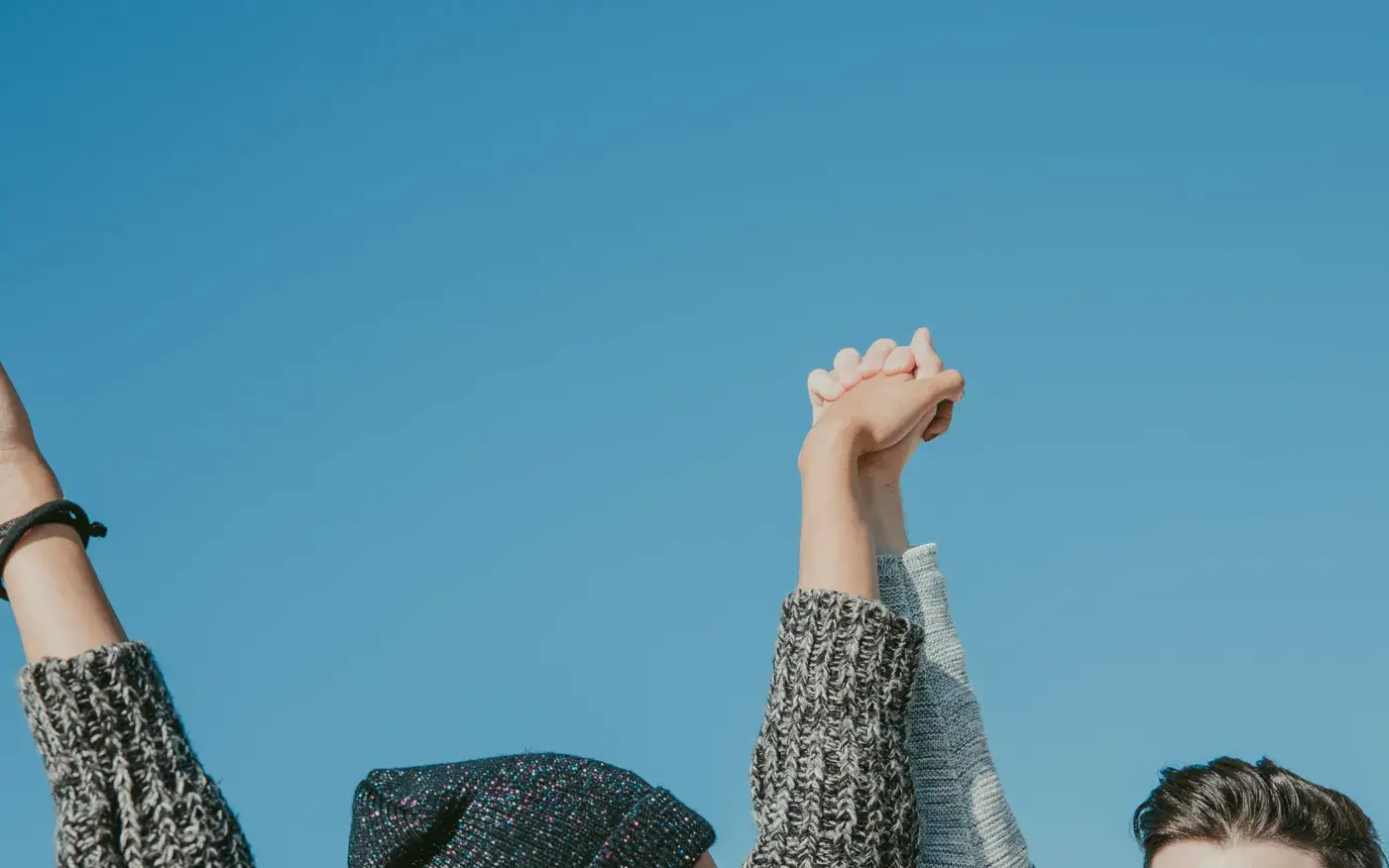
Add new comment